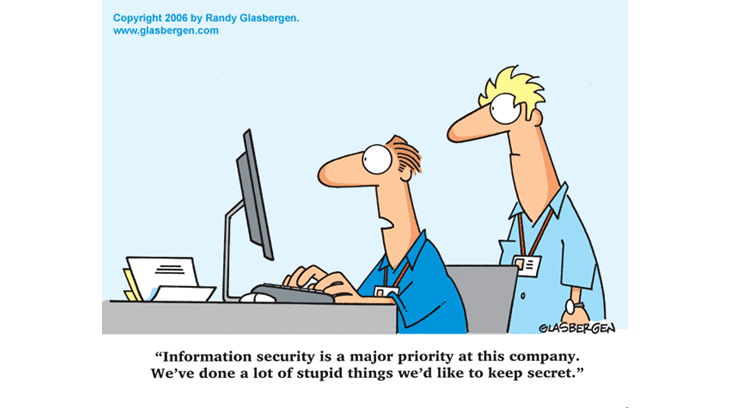Data Privacy in the AI Age: What You Need to Know
Easy Tips and Local Stories for Your AI Journey
How AI’s Hunger for Data Is Changing Privacy
AI runs on data—the more it gets, the better it works. In Singapore, you see this everywhere: hospitals use AI to look for disease patterns in anonymous health records, while banks use it to spot fraud in spending habits. AI can also be used to analyse and summarise production and test data. All this data use can be great for innovation, but it also raises tough questions about privacy. Are we giving up too much of our personal and corporate information for the sake of smarter tech? The rules set by Singapore’s Personal Data Protection Act (PDPA) help, but as AI keeps evolving, becoming part of our work and personal lives, we need to think harder about where to draw the line.
New Ways to Protect Data: From Keeping It Local to Doing the Right Thing
Singapore is stepping up its game with fresh ideas for keeping data safe. The IMDA and PDPC have put out the Model AI Governance Framework, which basically gives teams a playbook for handling AI safely and fairly. The big ideas? Be open, explain how your AI works, and keep track of decisions.
There’s also a cool push for “Sovereign AI” in Singapore. This means making sure really sensitive data—think government or healthcare info—stays within the country and is managed here, not overseas.
There is a big move by countries to build their own AI data centres. The reasons are sovereignty, economic, cultural and independence from other AI data sources, especially in the current climate.
We have our part to play too. When we use public chatbots like ChatGPT, CoPilot and Gemini, we frequently forget that such data sent to the Cloud becomes the property of the platform owners. It seems so convenient, under time pressure, to upload last week’s production data and ask the chatbot to summarise. Don’t do that! Personal and company-proprietary info must not be sent.
Such are among the reasons that enterprises are training and hosting their own AI foundation models.
The New Compliance Frontier
The rules around data and AI are getting more complicated, both here and around the world. Besides Singapore’s updated PDPA, you’ve got standards like the EU’s GDPR which are global in scope. This means everyone—from engineers to HR managers—has to be alert. Different corporate roles handle different types of sensitive data: HR deals with personal data, Research and Development deals with intellectual property while Production deals with company manufacturing data. There are new rules to letting people move their data, using only what you really need, and reporting problems fast.
This isn’t just theory. For example, in 2023, a fintech company in Singapore got a warning because they didn’t scrub customer details enough before using the data in their AI. Regular compliance checks are a must.
Quick Tips for Engineers and Managers Using AI
- For company management, update data privacy and intellectual property policies to include public AI usage. Your employees need guidance.
- Build with Privacy and IP Protection in Mind: Only collect what you need and make data anonymous before using it in your AI projects.
- If you are using public AI, filter or anonymise your data before uploading it.
- Check Regularly: Set up reviews for your AI and data use to catch any bias or issues early, and make sure you’re following PDPA rules.
- Be Upfront: Let people know what you’re doing with their data. Keep good records of all decisions about data use.
- Stay Up-to-Date: Join local events and workshops by PDPC, IMDA, or Cyber Security Agency of Singapore to learn about the latest best practices.
- Get Ready for Emergencies: Make a plan for what to do if there’s a data breach— and practice it, so you’re not caught off guard.
Singapore is showing that technology and privacy can go hand in hand. By being thoughtful and proactive, both engineers and managers can help make sure that AI delivers real benefits. We need to protect our customers, job applicants and intellectual property.
If you need to build your own AI or analyse your company data, here are a few sources from Dream Catcher. More are in our extensive catalogue:
- Building Custom Large Language Models (LLMs) for Generative AI (AI3079)
- Machine Learning on Azure (AI3100)
- Database Interaction with LLMs (RAG) (AI3463)
- Essential Practices for Secure Application Development (PC3398)
- Applied AI and Data Science with Python – From Fundamentals to Deep Learning Applications (CU3136)
- Mastering Data Analytics with Generative AI Tools Workshop – Data Insights Unleashed (AI3019)
Still can’t find what you want? Call us for a custom course.







Leave A Comment